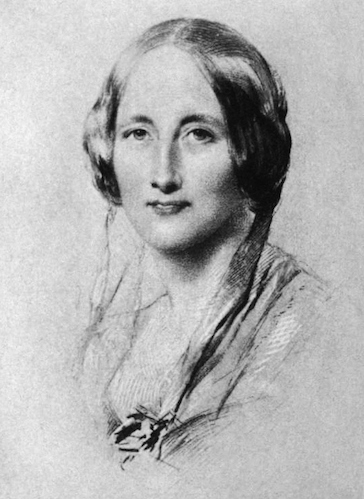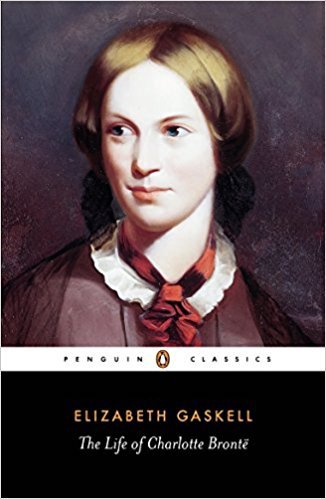The Bias Of The Biographer

Deepika Asthana
May 16, 2018
They usually have everything: a (nonfictional) protagonist, vivid and fairly well fleshed out support characters, a storyline in motion and more. What they also have are facts, which many readers find comforting. “Why not say what really happened?” wrote the American poet, Robert Lowell.
Biographies are intended to take the shape of the person central to the story. However, it is more often than not inflected with the author’s distinctive voice. To produce a biography that reads like a novel can be extremely challenging. It involves lots of meticulous research that can help the author reconstruct life events, evoke memories of historical and social backgrounds, create drama and give a voice to the central character. It also involves a bit of imagination. Artfully weaving it all together to create a story that has the narrative sweep of fiction, but is actually true, is the job of the biographer.
What is most obvious is that every biographer has an agenda of his own. A biographer’s take on the life he spotlights is necessarily biased by his own opinions. While this can add colour to the biography, it can sometimes be a really a fine line between fact and fiction- a line that the biographer should ideally not breach.
However, as a human being, is it even possible to be completely unbiased? To keep the biography away from even a shadow of personal conflict or opinion. I think not. I believe that when the biographer gets consumed by his subjects’ life, there are times that the boundary between what the subject thinks and what the biographer believes the subject to think, gets blurred. Some of the greatest biographies ever written are said to have been afflicted by this malaise.
Walter Isaacson by David Shankbone [CC BY 3.0 ], from Wikimedia Commons
Many people disagreed and attacked Gaskell’s portrayal of Brontë. Tanya Gold in a piece for The Guardian wrote, “Elizabeth Gaskell is a literary criminal, who, in 1857, perpetrated a heinous act of grave-robbing. Gaskell took Charlotte Brontë, the author of Jane Eyre, the dirtiest, darkest, most depraved fantasy of all time, and, like an angel murdering a succubus, trod on her. In a “biography” called The Life of Charlotte Brontë, published just two years after the author’s death, Gaskell stripped Charlotte of her genius and transformed her into a sexless, death-stalked saint.”
Boswell shadowed Johnson and spent many years of his life in constant awareness of his subject. He recorded everything, and he didn’t withhold much of anything in the biography. He painted a candid picture of Johnson, including his faults and his less-than-glamorous traits. In one case, Boswell wrote so thoroughly regarding Johnson’s stammers and outbursts that experts were able to posthumously diagnose him with Tourette syndrome. His approach to penning the biography is considered legendary. Yet, his work is not devoid of critique.
Boswell has been accused of taking too many liberties and changing quotes in order to skew the story in favour of how he perceived Johnson and more importantly how he wanted to tell Johnson’s story. Boswell chose to focus more heavily on Johnson’s later life and did not pay too much attention to his early years. While this could primarily be because it is only in the later years that his acquaintance with Johnson grew, it does not justify the apparent “omission”.
James Boswell, (Engraving by J.W. Cook from Wellcome Library, London; vignetted & converted by User:Odysseus1479 [CC BY 4.0], via Wikimedia Commons

Writer, investor, crypto enthusiast, nomad, mother of twins and founder of ARNA Write Strategy (a content writing agency). Deepika is a heady mix of all of that and more.
Read her articles here.










